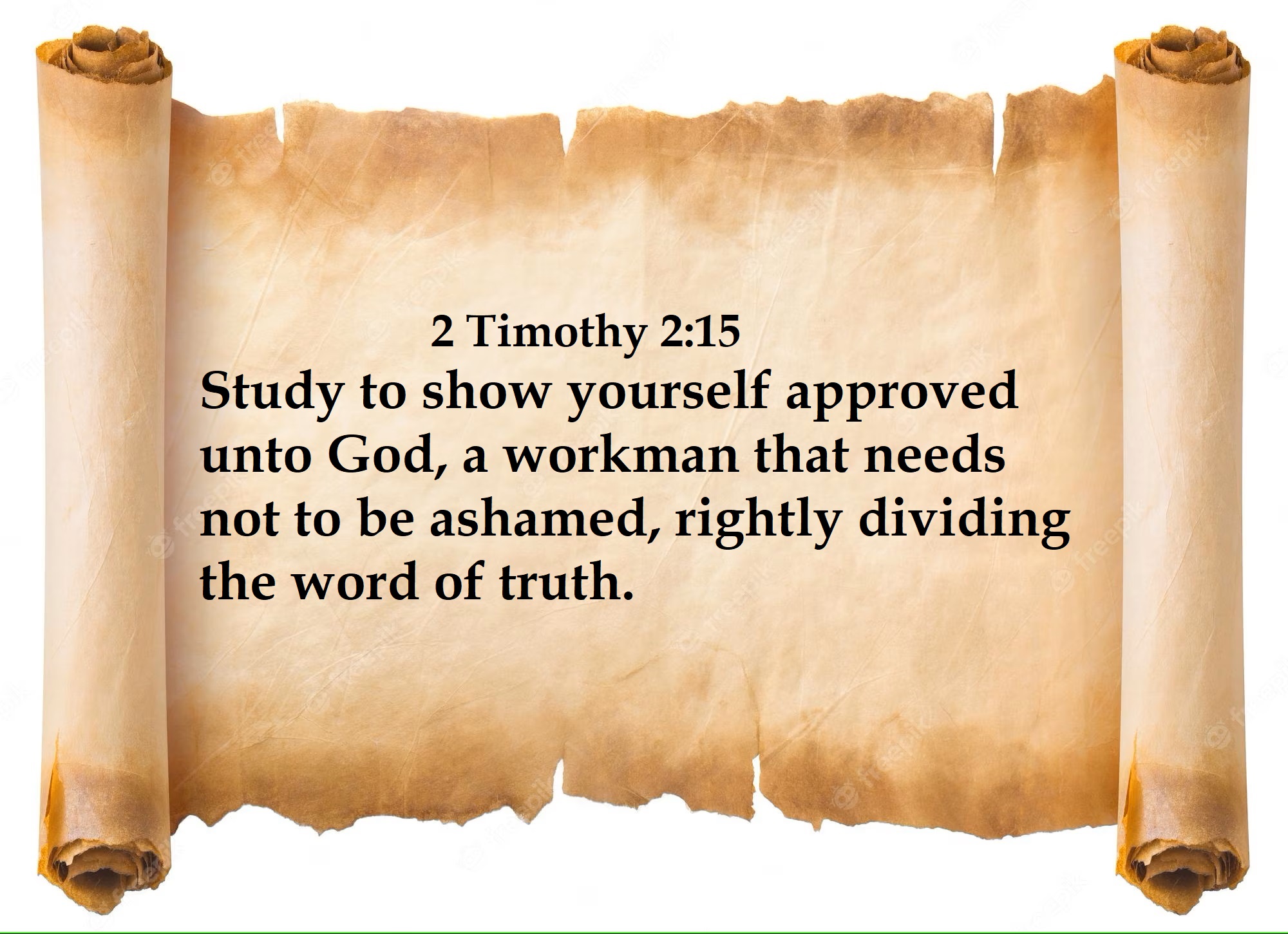| |
Oikia Bible Institute
|
|
|
Why Oikia
Student's &
Mentor's
Faculty/Adjunct Advisors OBI's
Complete
|
Why Oikia Bible Institute?
For various
reasons, too many church leaders (elders, deacons, Bible study
teachers,
lay
pastors) have been deprived of a structured theological
education. Perhaps they
lacked a
bachelor’s degree to qualify for post graduate seminary.
Or perhaps they considered seminary but
realized they couldn't relocate, or their family life or career had to
take
precedence. Whatever the reason, OBI is
designed to fill this need and provide a free, quality seminary level
education to
local
church leaders and prospective leaders. Students need not move, or quit their jobs, or even have a bachelor’s degree. Our concern is to create competent church leaders, trained in ministry and grounded in sound theology. OBI provides all the requisite lessons and materials. Working with local pastors and mentors, our objective is to assist them in the training of more leaders like themselves. Leaders trained in theology and ministry, with the skills to rightly divide the Word of Truth. The intention is to facilitate Paul’s charge to Timothy when he wrote, “the things that you have heard of me among witnesses, the same commit to faithful men, who shall be able to teach others also” (2Ti 2:2). Before closing the letter, Paul warned Timothy to “preach the word; be diligent in season; reprove, rebuke, exhort with all longsuffering and doctrine. For the time will come when they will not endure sound doctrine; but after their own lusts shall they draw to themselves teachers, having itching ears; and they shall turn away their ears from the truth, and shall be turned unto myths” (2Ti 4:2-4). That day of subversion and apostasy is upon us. More than ever, the local church is in dire need of multiple theologically educated leaders capable of reproving, rebuking, and exhorting with all longsuffering and doctrine. The Church is obviously under attack from modern post-Christian culture; but even more distressing is the vicious attack from within. The Church is being subverted by false teachers who speak swelling deceptive words of acceptance, fairness, and inclusiveness to cloak their denial of foundational Christian theology. The modern Church is replete with these wolves—these purveyors of the old nature. Having crept into our midst, they work tirelessly to lead the sheep astray by condoning and praising aberrant sensual appetites. While speaking of God and Jesus, they cherry pick passages, wrestling them from their context to promise a relationship with God without the need of rebirth, repentance and conversion. Even as Paul warned, they have the “form of godliness, but denying the power thereof”, and as Jude proclaimed, they are “clouds without water, carried about by the winds; trees whose fruit withers, without fruit, twice dead, plucked up by the roots; raging waves of the sea, foaming out their own shame; wandering stars, to whom is reserved the blackness of darkness forever” (2Ti 3:5; Jude 12-13). More than 75 years
ago, arguably the
greatest theologian in modern times, Lewis Sperry Chafer wrote:
“Systematic
Theology, the greatest of sciences, has fallen upon evil days.
Between
the rejection and ridicule of it by the so-called progressives and the
neglect
and abridgement of it by the orthodox, it, as a potent influence, is
approaching the point of extinction. It is a significant fact
that of the
upwards of two score accredited and notable works on Systematic
Theology
which have been produced in this and other countries, an exceedingly
small
portion is now in print and the demand for these works is
negligible. The
unchanging emphasis in the Scriptures upon doctrine, which subject is
referred
to in the New Testament more than forty times and is that which a
Christian is
to ‘take heed’ (1Ti 1:3; 4:6, 16; 2Ti 3:10, 16; 4:2, 3), stands as a
silent
rebuke, whether heeded or not, to all modern notions which belittle the
importance of Dogmatic Theology, and also stands as a corrective to
those who neglect
any portion of it” (Lewis Sperry Chafer Systematic Theology, Volume 1,
p v,
Zondervan). OBI’s primary goal is to reinstate foundational theology within the local church by training numerous local leaders, sufficiently equipped to “earnestly contend for the faith which was once delivered unto the saints” (Jude 3), and to pass these truths to the next generation. |
